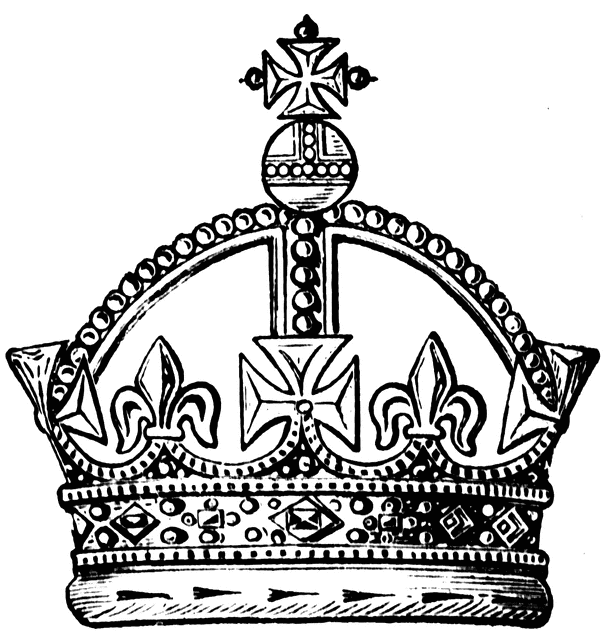Fraser Pearce has drawn my attention to a paper by American Lutheran (ELCA) Pastor James Arne Nestingen (
"Joining the Unchurched") about the current mess that the Evangelical Lutheran Church in America has created by voting at their most recent synod to allow ordination of actively homosexual men and women as pastors of their church.
I don't want to get into that issue, or the charge that Pastor Nestingen lays at the door of the ELCA leadership (that they have effectively shown the ELCA to NOT be a "Church" in the sense recognised by the Augsburg Confession - interesting though that Catholics are not the only ones who can speak in terms of whether a body of Christians is or is not a "church" in the "true sense").
What I am intersted in is Nestingen's discussion of "the Word" and its "interpretation".
He writes:
The ELCA has redefined the Word of God. Instead of understanding it in terms of what God does with words, the theologians of the church—with the bishops in tow—have uncritically shifted out of the original Lutheran argument into a scheme in which God’s word depends on its meaning. To no one’s surprise, in this setup the power transfers from the word itself to the interpreters of the word—those who decide what it really means. The biblical text is ambiguous by definition, they say, and consequently only the informed—generally, those who are superior, either intellectually or politically—can finally determine what it says. Old Erasmus, his most sophisticated opponent, tried this on Luther and got the drubbing of his life. But in the ELCA, having long lost its theological moorings, the leadership has gotten away with it. That is how theologians and church leaders could dismiss as unclear biblical passages that produced a two thousand year old, all but universal consensus concerning homosexual practice....
With the action taken in the Minneapolis assembly, the ELCA has made such power mongering official procedure and policy. The Word of God does not create, shape or control it; no, the ELCA controls the interpretation of the Word.
Now, I think I understand Pastor Nestingen to be saying that the Word should be allowed to stand and be received by the Church as the
power of God to freely "create", "shape" and "control" what is done in the Church. I hear him to be saying that the
power of the Word is neutralised when any person or group of persons within the Church claims the right or authority or even the
need to "interpret the Word"; that in such a situation the supposed or claimed “
meaning of the Word"
replaces “the Word” itself.
Pastor Nestingen points out that both the Papacy and Calvinism do exactly the same thing – ie. place the
interpretation or the
meaning of the Word above the power of the pure Word itself – and yet
the universal consensus concerning homosexual practice…continues to hold among Roman Catholics, the Orthodox and most Protestant Churches…because it is biblical, [and] isn’t subject to change.
This is also because, Nestingen asserts, both Catholics and Calvinists have certain checks and balances.
Although he compares the ELCA’s arrogance with regard to the Word to that of the “medieval papacy that Luther and the reformers set off against…[which] declared itself master of the Word rather than servant” in that “instead of proclaiming God’s Word, it formally proclaims itself as arbiter of the Word”, nevertheless, “the office of the papacy acts as a check, controlling the range of interpretation” of the Word. The interpretation of the Word is “one of the keys to the power of the papacy”. Nestingen notes that “the bishops share in this authority” (actually, it is more true to say that this authority belongs properly to all the bishops in college teaching in communion with one particular member of their college,
id est , the Bishop of Rome).
As for the Calvinists, they also had checks and balances. For the Calvinists, since
the process of interpretation always remains vulnerable to the power of original sin…it must necessarily be checked. So the congregation, the elders, pastors and theologians are linked together in a system of mutual watchfulness. The lay people, elders, pastors and theologians all look both ways, watching over each of the other layers of authority. Interpretation requires constant scrutiny, lest the interpreters be led astray. In American church life the systems of checks vary from one Protestant church to another, but the necessity gets minded.
Note at this point the essential difference between the Calvinist checks and balances and the Catholic checks and balances. The Calvinist is pessimistic about the abilities of human beings to interpret the Word, and thus makes the interpretation of the Word an exercise of mutual suspicion. The Catholic “checks and balances”, on the other hand, are entirely positive in outlook: it is the charism and gift of God that our magisterium is preserved from error, following Christ’s promise “the gates of hell will not prevail against my Church” and “the Comforter, the Holy Spirit, will lead you into all truth”.
In Pastor Nestingen’s eyes, the ELCA has committed a double sin: it has replaced the pure power of the proclaimed Word with the interpretation of the Word by a class of experts, and secondly it has “dropped the checks Roman Catholics and Protestants have carefully maintained.” The rest of his paper concerns the story of how this happened. He is especially scathing of the abdication of responsibility for teaching on behalf of the ELCA “bishops”:
With all of this, the bishops—said to be responsible for the unity of the church—stand by in silence. In their own assemblies, they hide behind punctilious observation of Roberts Rules of Order; at the national, while the gay advocates freely use the microphones, those who are opposed remain conspicuously silent.
Ecumenically, it could hardly be a stranger procedure. Having made the interpretation of Scripture a problem of meaning, the ELCA does not, like the Roman Catholics, bring in the bishops for clarification—with rare exception, the current bishops don’t have the scholarly training commonly available among Roman Catholics.
Well. That’s a compliment for our bishops. I think.
He is also complimentary in the following statement:
Benedict XVI, the orthodox patriarchs and commonly the Protestant leaders as well, know both Scripture and the church’s tradition intimately—well enough to recognize the difference between the historically certain and the ambiguity of convenience. They can hardly welcome a church that has defied standards they consider inviolate.
But let us now come to the nub of the matter. Nestingen’s whole point in this article is that the ELCA has ceased to be a Church, because it has replaced the proclamation of the pure Word of God with the interpretation of the Word by “experts”. This elevation of interpretation over proclamation is detrimental, because, according to the Augsburg Confession, the true Church is to be found:
“[w]herever” the Word of God is taught in its truth and purity, “wherever” sinners gather to hear and receive Word and sacrament, God’s word has become incarnate in down-to-earth community.
There is a curious reversal here of St Ignatius dictum “where Jesus Christ is, there is the Church”. It seems to be saying “Where the Church is, there is Jesus Christ”. But we will let that pass for the moment. Pastor Nestingen expresses the problem for himself and for other ELCA Lutherans who share his objection to the recent change in ELCA policy in the question:
“Where do you go?”His answer?
“It’s up to you now… you are on your own.”
How horrible. One feels great sympathy for ELCA Lutherans caught in such a situation. There is, however, a road forward that is open to our Lutheran brothers and sisters who come to the realisation, like Pastor Nestingen, that their “Church” has been found to have more in common with the Emperor and his new clothes than that triumphant procession foreseen by St John “dressed in white and coming out of the great tribulation”:
Some of the most devout Lutherans, including learned theologians who were formerly part of the ELCA, are now Roman Catholics. It may be premature and even unthinkable for some of us, but on the other hand, where Christ is proclaimed in Word and Sacrament and sinners gather to hear and receive it, the triune God can break beyond misunderstandings to do his work.
Well… yes.
But one final word is necessary. Throughout the paper, Pastor Nestingen casts nasturtiums at the ELCA for “redefining” the Word of God:
Instead of understanding it in terms of what God does with words, the theologians of the church—with the bishops in tow—have uncritically shifted out of the original Lutheran argument into a scheme in which God’s word depends on its meaning. To no one’s surprise, in this setup the power transfers from the word itself to the interpreters of the word—those who decide what it really means.
But is he not setting up a false dichotomy here? Indeed, the Word of God is not a set of propositions. It is, as Pope Benedict never tires of reminding us, a Person, with a human face. In respect of this truth, the Word of God will always address us directly and personally in such a way to create, shape and control the life of the Church. BUT, one ought to be able to distinguish between the Sacred Text and the encounter with the Word of God that takes place in the event of the proclamation of the Sacred Text. There is a true dynamism at work here.
Nevertheless, if the Sacred Text is to have any application to the lived faith of the Church, it MUST be
interpreted before it can be expressed in dogmatic propositions – such as “homosexual acts [are] acts of grave depravity” (CCC §2357). Surely Pastor Nestingen cannot be saying that the interpretation of the Word is unnecessary in the Church? Even if every word of the Sacred Text was crystal clear, the text itself is not expressed in propositions that are immediately transferable into practice.
Thus, SINCE interpretation of the Sacred Text is an unavoidable necessity if the Word of God is to be upheld in teaching and practice of the Church, we cannot avoid asking the question of
who is to do the interpretation,
what process they are to utilise, and
what checks and balances exist for such acts of interpretation.
I am convinced that only those who have the authority to determine the interpretation of the Sacred Text for the Church are in fact entitled to do so, that the process must reflect the Holy Spirit's own means for conveying God's Word to the Church, and that the nature of revelation and the deposit of faith must itself provide the "checks and balances" in the process of interpretation.
In essence, this means that only the Bishops in Communion with the Successor of Peter may exercise the right and duty to interpret the Sacred Text for the Church (since they are the successors of the ones to whom Christ gave the authority to speak in his name), that popular voting is excluded (since God's Word does not originate in the minds and hearts of believers), and that Sacred Tradition itself is the best "check and balance" for all interpretation since it is via Sacred Tradition that the Sacred Text has been preserved and handed down to us.
Therefore, I long ago threw in my lot with the Catholics on this matter. The guarantee of our Lord Jesus and of the Holy Spirit that we will be “led into all truth” and that, built upon the Rock of the teaching of the Successor of St Peter, “the Gates of Hell will never prevail against the Church”, is more than enough for me. The Catholic Church has never erred in the interpretation and teaching of the Word of God ever in all of history. Even Pastor Nestingen concedes that she has stood firm time and time again on controverted issues that continually divide the Protestant Churches.
“Quo Vadis?”, faithful ELCA Christian? The answer is very near you.

 [/caption]Cathy: Mao's Last Dancer is a truly beautiful film. It tells the story Li Cunxin's remarkable rise to fame as a dancer and is based on his autobiography of the same name. Selected from his village in rural China at the age of 11, Li leaves his much loved family and is sent to Beijing to train as a ballet dancer. He is later selected to go to the USA on a Cultural exchange with the Houston Ballet and eventually defects.
[/caption]Cathy: Mao's Last Dancer is a truly beautiful film. It tells the story Li Cunxin's remarkable rise to fame as a dancer and is based on his autobiography of the same name. Selected from his village in rural China at the age of 11, Li leaves his much loved family and is sent to Beijing to train as a ballet dancer. He is later selected to go to the USA on a Cultural exchange with the Houston Ballet and eventually defects. 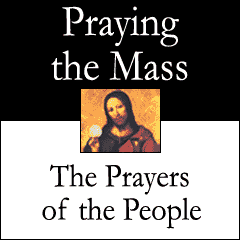 Review Article by David Schütz
Review Article by David Schütz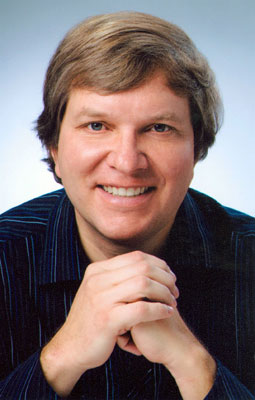 [/caption]
[/caption]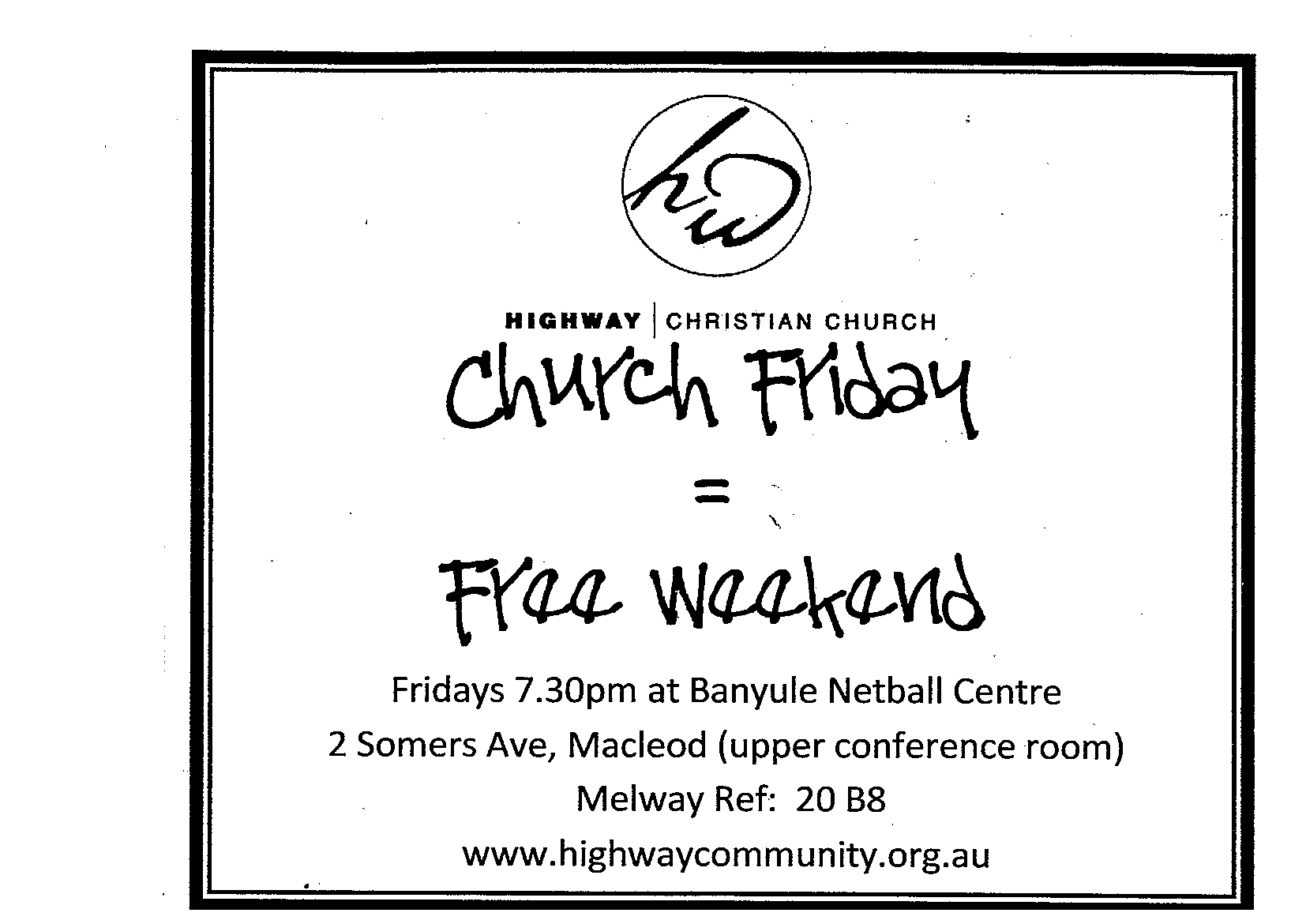
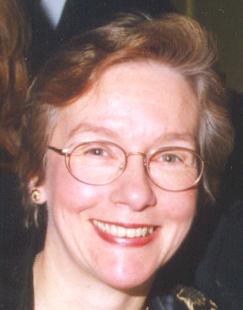 [/caption]
[/caption]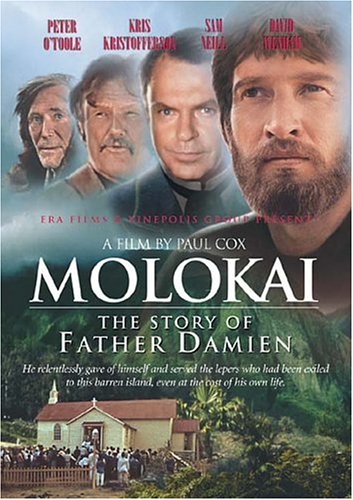
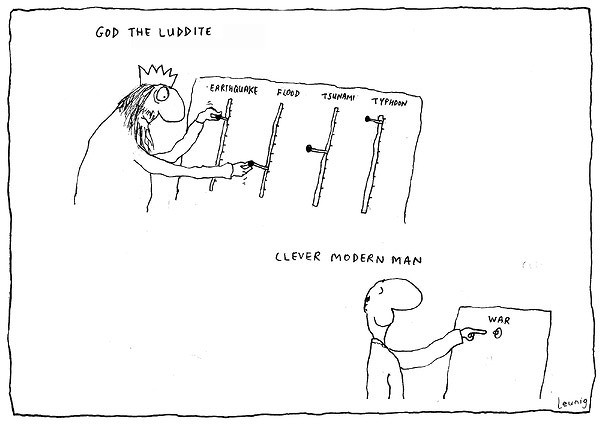

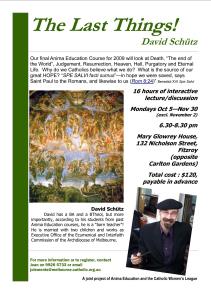 My final Anima Education Course for 2009 will look at
My final Anima Education Course for 2009 will look at
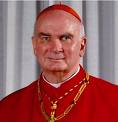 [/caption]The Grand Master of the Equestrian Order of the Holy Sepulchre of Jerusalem (who assured us he has not engaged in equestrian activities since he was five years old and has not intention of doing so now that he is "almost 74") had tea with us this morning.
[/caption]The Grand Master of the Equestrian Order of the Holy Sepulchre of Jerusalem (who assured us he has not engaged in equestrian activities since he was five years old and has not intention of doing so now that he is "almost 74") had tea with us this morning.
.JPG)






